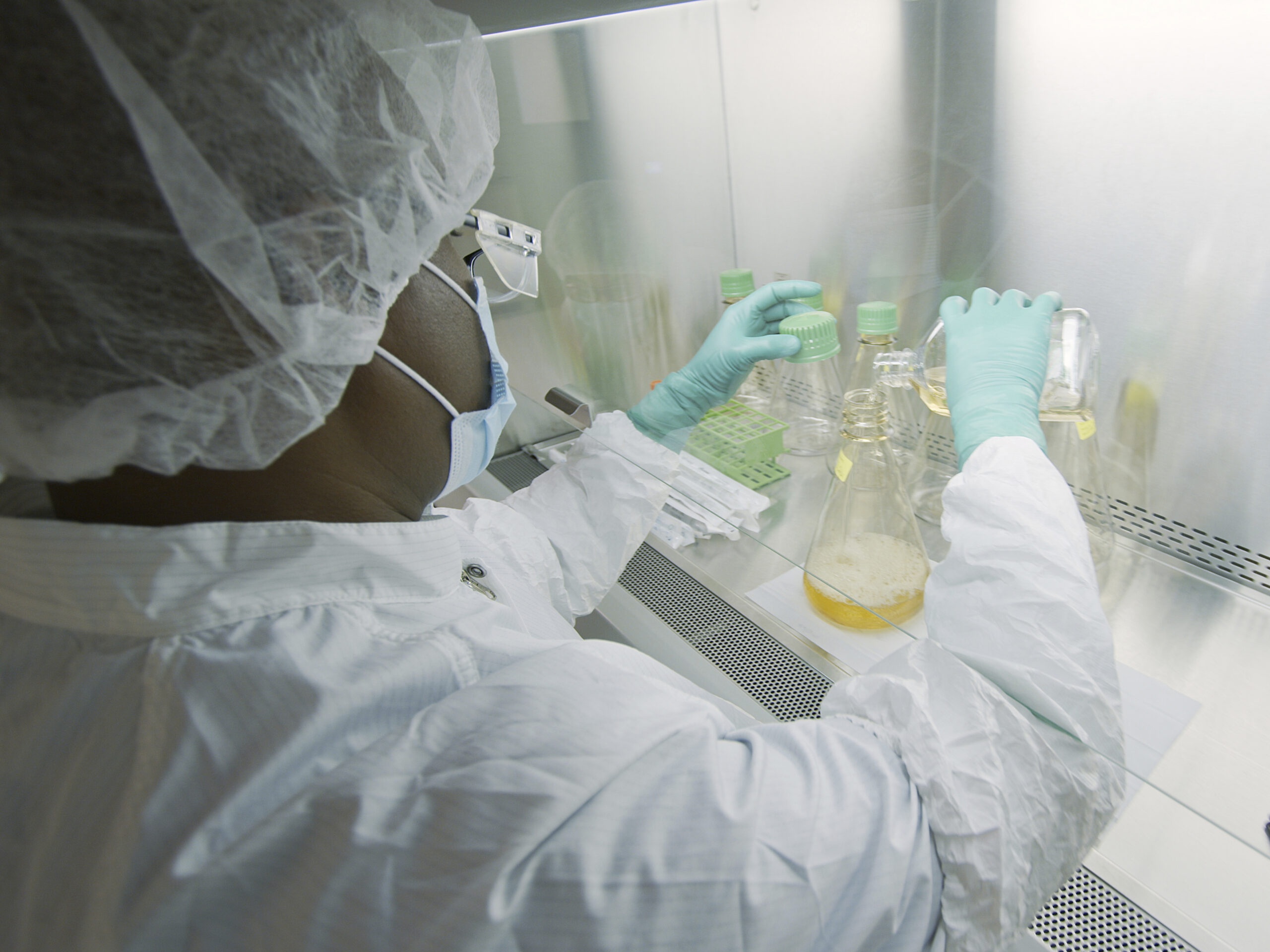Eli Lilly & Co. is ending a clinical trial of its antibody drug bamlanivimab in hospitalized COVID-19 patients after federal researchers concluded the therapy produced no marked improvement.
The study of the monoclonal antibody called bamlanivimab was initially paused by the company on Oct. 13 out of “an abundance of caution,” because of a potential safety concern. For this particular study the therapy was being used in combination with remdesivir, an antiviral with emergency use authorization for the virus.
Remdesivir was among the medications President Trump received after contracting the coronavirus.
On Monday, the National Institutes of Health, which sponsored the trial, found the antibody treatment posed no significant safety risks for patients. However, researchers said, “bamlanivimab is unlikely to help hospitalized COVID-19 patients recover from this advanced stage of their disease.”
The decision to end this study does not put an end to Lilly’s investment in the experimental therapy. Company officials said they “remain confident … that bamlanivimab monotherapy may prevent progression of disease for those earlier in the course of COVID-19.”

9(MDAxODM0MDY4MDEyMTY4NDA3MzI3YjkzMw004))








